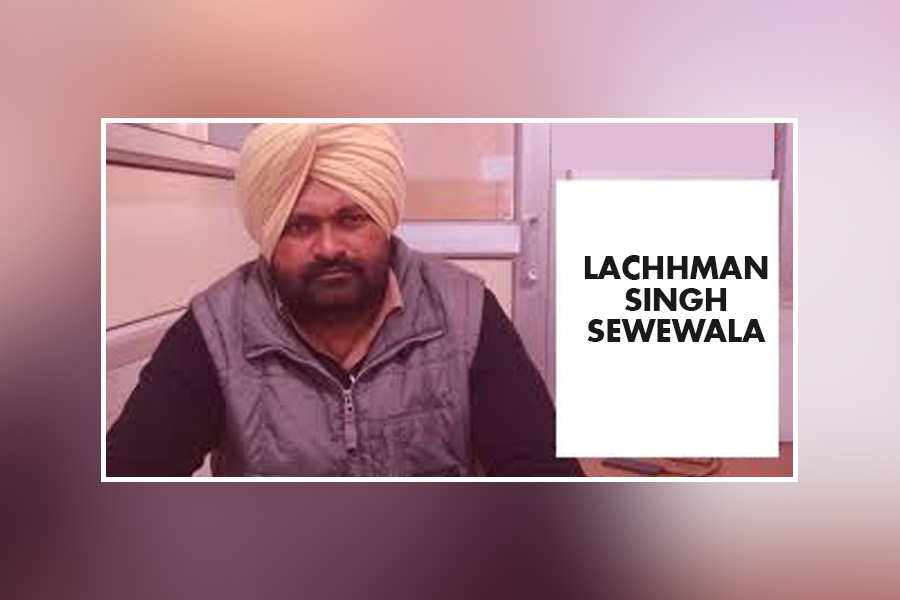
This chapter features an interview with Dalit activist Lachhman Singh Sewewala, exploring his views on caste, social justice, and the struggles faced by Dalit communities in India. This piece provides an insightful perspective on the intersection of caste and activism, emphasizing the ongoing fight for equality and empowerment among marginalized groups.
Author
Christine Moliner, Associate Professor, Jindal School of International Affairs, O.P. Jindal Global University, Sonipat, Haryana, India.
Summary
In this interview, Lachhman Singh Sewewala discusses his background as a Dalit leader from the Punjab Khet Mazdoor Union representing landless agricultural labourers in Punjab and the reasons why some of them joined a protest dominated by upper-caste landowning farmers. He addresses the pressing issues they face, such as economic and caste exploitation, as well as the predicament of indebtedness and suicide of labourers and small farmers. His union campaigns for land redistribution and for the implementation of the Common Land Act (1964).
In this interview, Sewewala discusses the systemic discrimination faced by Dalit communities and the importance of grassroots mobilization for social justice. He highlights the need for greater representation, the impact of caste-based oppression in rural India, and the vital role of collective action in challenging entrenched inequalities.
Through Sewewala’s insights, the interview underscores the resilience of Dalit activists and the continuing struggle for dignity, rights, and societal change for marginalized communities.
Published in: The Indian farmers’ protest of 2020–2021: Agrarian crisis, dissent and identity, Routledge, London
To read the full chapter, please click here.

